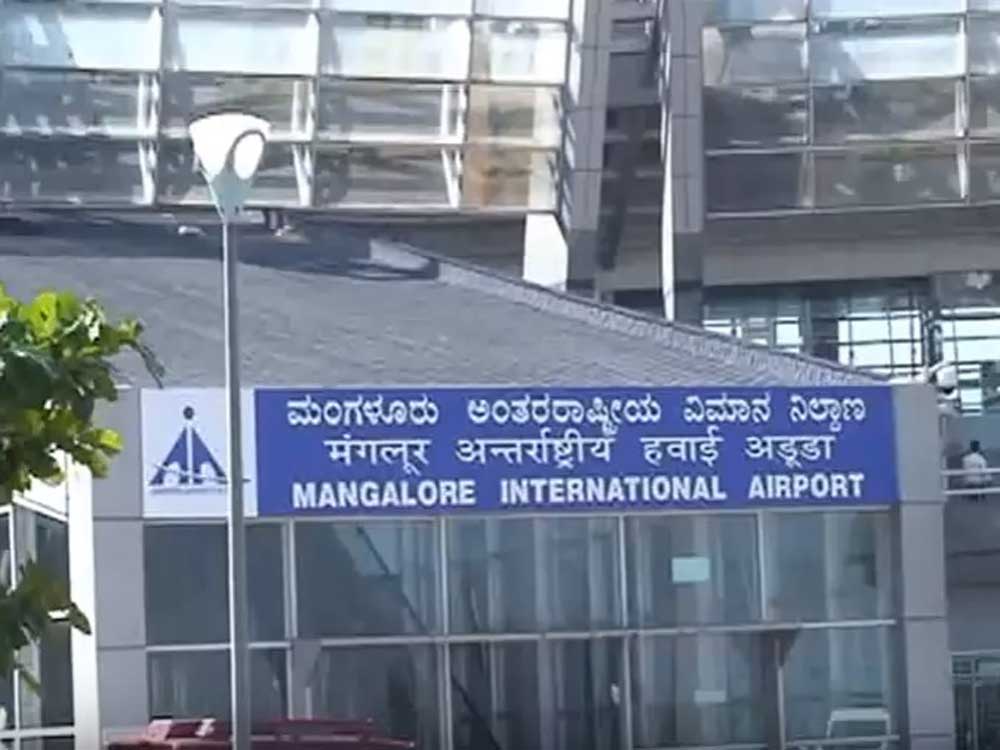DGCA Relaxes Regulations for Indian Airlines to Expand International Operations
In a move aimed at simplifying and facilitating the process for Indian airlines to expand their international operations, the Directorate General of Civil Aviation (DGCA) has announced a significant reduction in regulatory requirements. The DGCA, which oversees civil aviation operations in India, has streamlined the approval process by reducing the existing 33-point checklist to a concise 10-point checklist.
The decision to relax regulations comes as part of the DGCA’s ongoing efforts to support the growth and development of the Indian aviation industry. By reducing the bureaucratic hurdles faced by airlines seeking to start new international routes, the DGCA also hopes to encourage more Indian carriers to explore opportunities abroad.
According to a statement issued by the DGCA, the revised checklist focuses specifically on assessing the preparedness of Indian airline operators for their intended international operations. The 10-point checklist will evaluate key aspects related to safety standards, operational capabilities, and compliance with international aviation norms. By eliminating generic and redundant provisions from the previous checklist, the DGCA aims to streamline the process without compromising safety and security standards.
The move has been welcomed by Indian airline operators, who have long advocated for a simplified and more efficient approval process. Reducing the regulatory burden will not only save time and resources for airlines but also enable them to plan and execute international expansion strategies more effectively.
DGCA

Industry experts believe that the relaxation of regulations will lead to increased competition among Indian carriers, resulting in enhanced connectivity and more affordable air travel options for passengers. With a simplified approval process, also airlines will have the flexibility to explore new markets and establish direct flights to popular international destinations.
The revised checklist also aligns with the Indian government’s broader vision of boosting the country’s aviation sector. By encouraging Indian carriers to expand their international presence, the government aims to strengthen India’s position as a global aviation hub and attract more foreign tourists and investments.
However, it is important to note that while the DGCA has reduced the regulatory requirements for Indian airlines, it will continue to prioritize safety and security. The 10-point checklist includes critical parameters to ensure that airlines are adequately prepared to operate international flights and maintain the highest standards of safety.
Therefore, the DGCA’s decision to relax regulations for Indian airlines reflects a proactive approach to fostering growth and innovation in the aviation industry. By simplifying the approval process and providing greater flexibility to carriers, the DGCA aims to enable Indian airlines to expand their global footprint, enhance connectivity, and contribute to the country’s economic development.
As the Indian aviation sector embraces these regulatory reforms, passengers can look forward to increased options, improved services, and greater convenience when traveling internationally. The more streamlined process in place now positions Indian airlines to play a more significant role in connecting the country to the rest of the world.
Also, Read: Indian Aviation News
Private & Non-scheduled Charter operators in India
Go through, the Mall of Aviation
For the best HELIPAD CONSULTANCY



